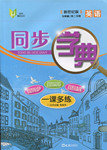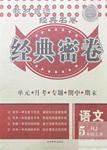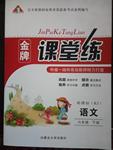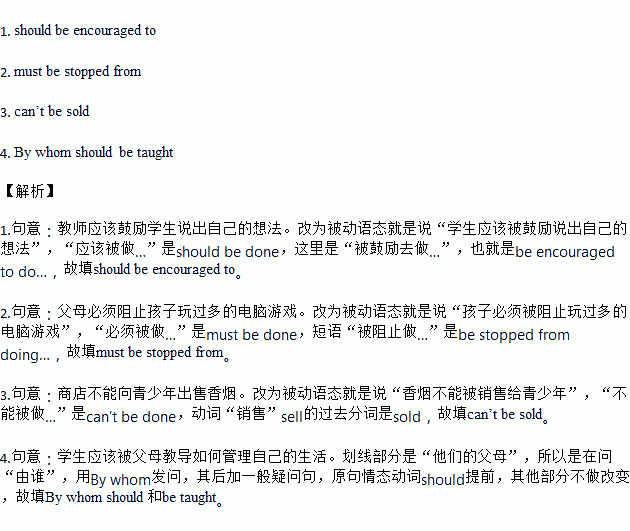题目内容
1.Teachers should encourage students to speak out their own thoughts. (改成含被动语态的句子)
Students ____________________ speak out their thoughts by teachers.
2.Parents must stop children from playing computer games too much. (改成含被动语态的句子)
Children ____________________ playing computer games too much by parents.
3.Shops can’t sell cigarettes to teenagers. (改成含被动语态的句子)
Cigarettes ______________ to teenagers by shops.
4.Students should be taught how to manage their own lives by their parents. (对划线部分提问)
______________ students __________ how to manage their own lives?
练习册系列答案
 同步学典一课多练系列答案
同步学典一课多练系列答案 经典密卷系列答案
经典密卷系列答案 金牌课堂练系列答案
金牌课堂练系列答案
相关题目



